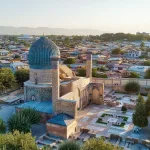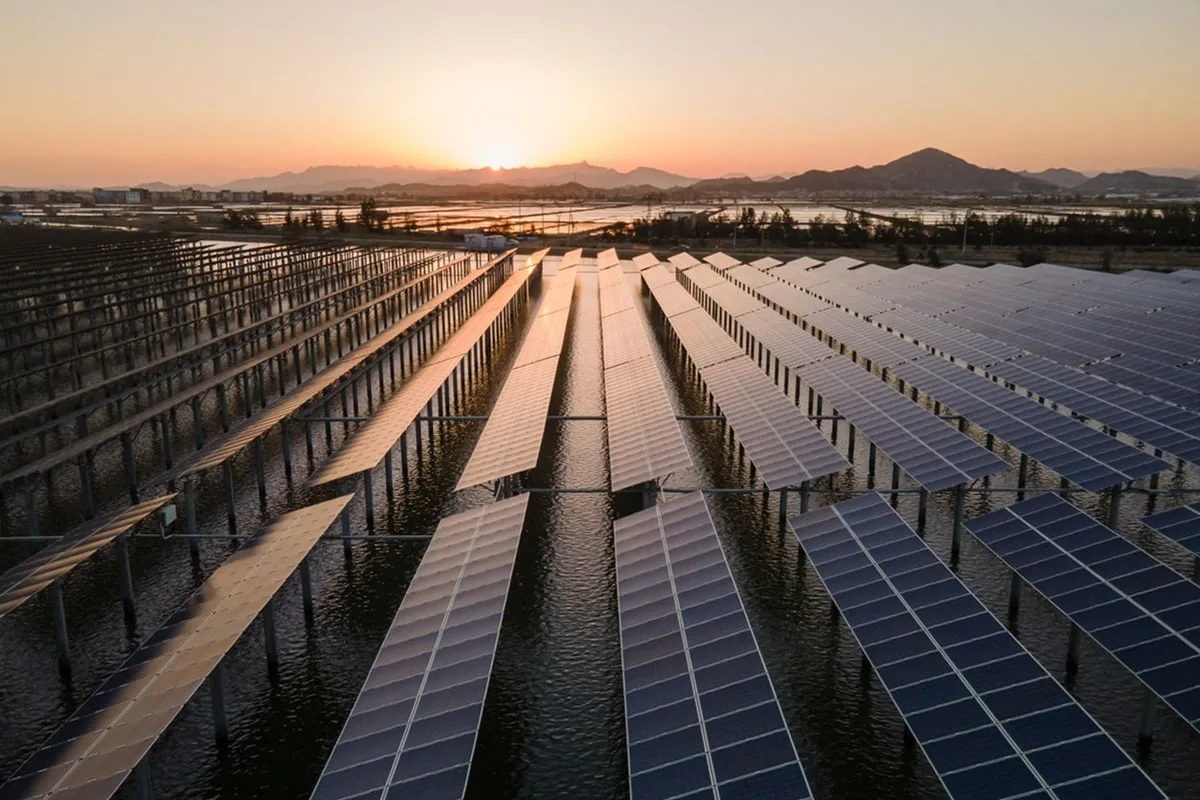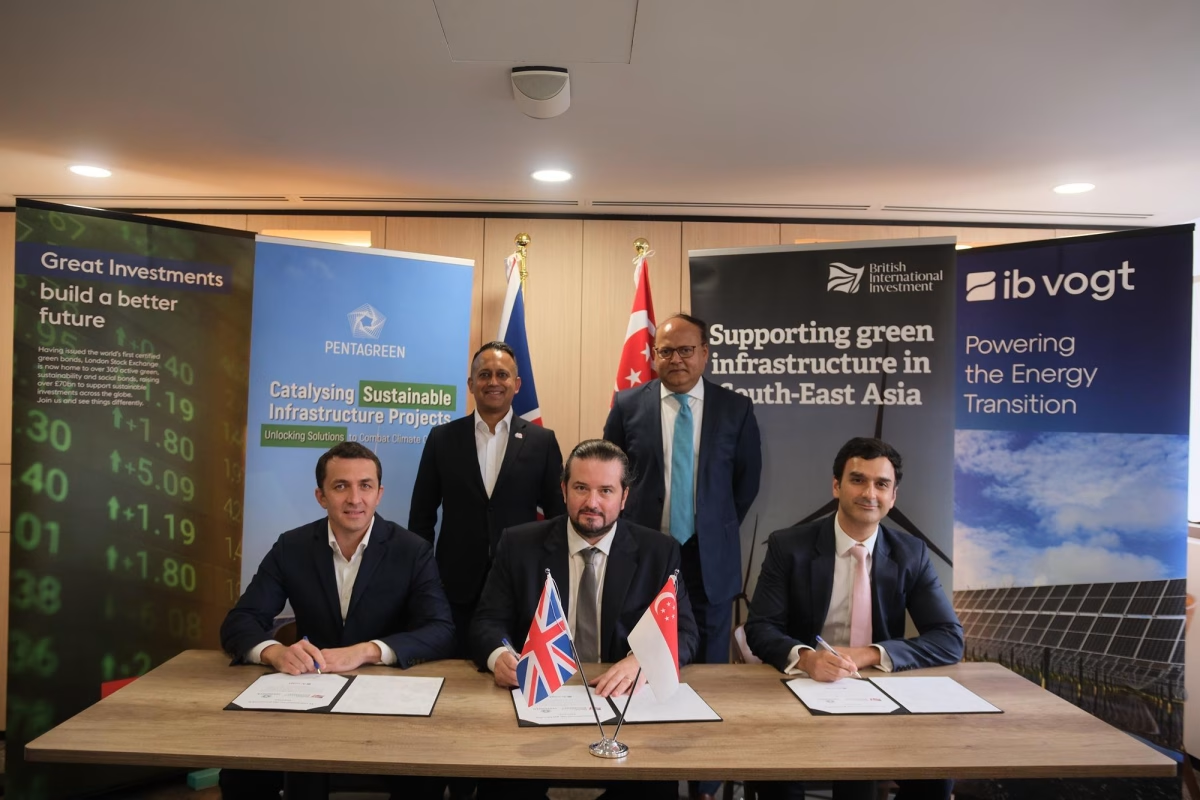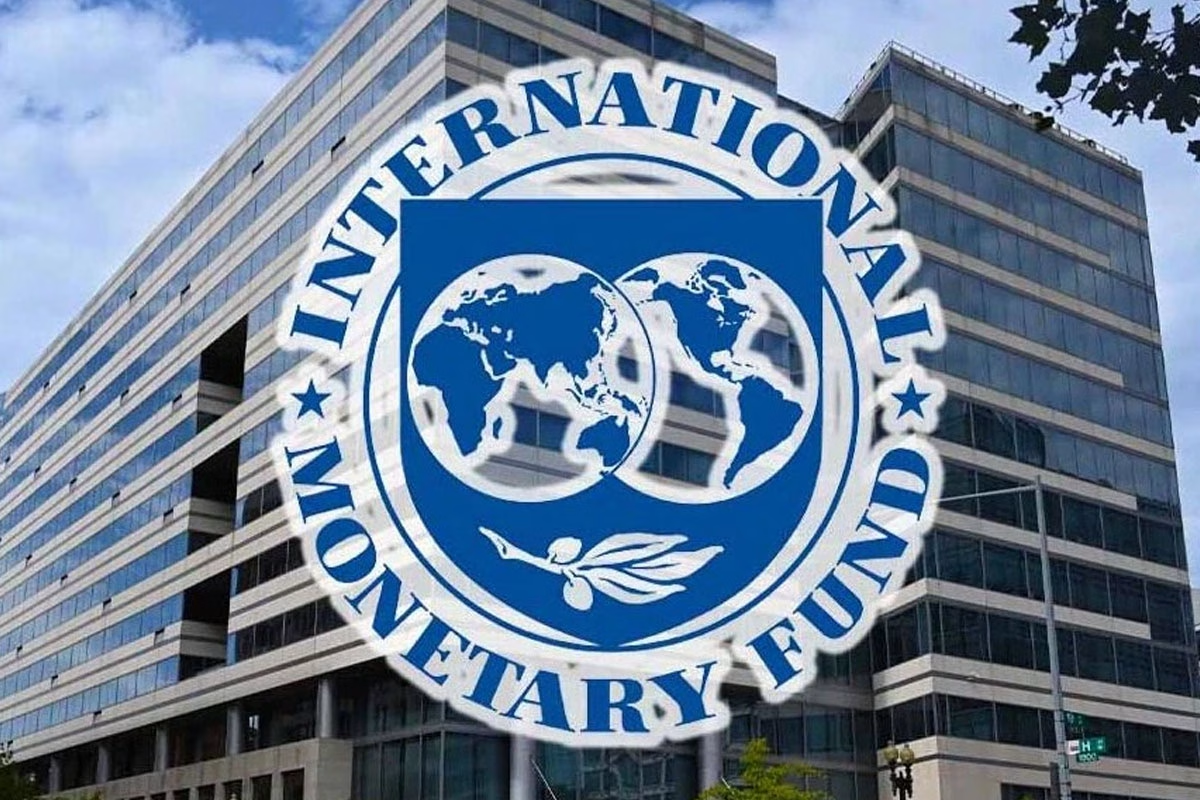
Uzbekistan commits to raising renewable energy capacity to 40 percent by 2030
June 10, 2024
Better energy resilience in Pakistan can save 175,000 lives!
June 10, 2024Azerbaijan’s green energy transition saw a major advancement on Tuesday with the groundbreaking of three renewable energy plants, collectively offering a capacity of 1 gigawatt.
During the Baku Energy Week, an international event focused on global energy discussions, President Ilham Aliyev of Azerbaijan and UAE Minister of Industry and Advanced Technology Sultan Al Jaber inaugurated two solar and one wind power plant.
The projects include the 445MW Bilasuvar Solar PV Project, 315MW Neftchala Solar PV Project, and the 240MW Absheron-Garadagh Onshore Wind Project. Investment agreements for these projects were finalized in October 2023, followed by power purchase agreements, transmission connection agreements, and land lease agreements.
Additionally, UAE-based Masdar and Azerbaijan’s state oil company SOCAR signed a shareholder agreement for these projects.
“This partnership illustrates how Azerbaijan and its international allies are transitioning from fossil fuels to renewables, recognizing that fossil fuels will remain significant for us and our partners for years to come,” President Aliyev remarked at the Energy Week.
Masdar CEO Mohamed Jameel Al Ramahi highlighted the company’s goal of achieving 10GW renewable energy capacity in Azerbaijan through ongoing investments.
“With the groundbreaking of these 1GW wind and solar projects in collaboration with SOCAR, we advance towards our ambitious goal of developing up to 10GW of clean energy in Azerbaijan by 2030. Following the launch of the 230MW Garadagh solar plant last year, the largest operational plant in the region at the time, and other major utility-scale projects, we are accelerating the country’s clean energy vision ahead of COP29 and beyond,” Al Ramahi stated.
One gigawatt of renewable energy is expected to save approximately half a billion cubic meters of natural gas for domestic use in Azerbaijan and boost exports.
In October 2023, Masdar inaugurated a $200 million, 230 MW PV station in Garadagh, located 23 kilometers southwest of Baku. The Garadagh Solar Power Plant is projected to generate about half a billion kilowatt-hours annually, enough to power over 110,000 households and reduce greenhouse gas emissions by 200,000 tons annually.
The collaboration between the UAE and Azerbaijan on these multi-million-dollar renewable energy projects underscores Baku’s commitment to combating climate change, particularly as it prepares to host the 29th Conference of the Parties to the UN Framework Convention on Climate Change (COP29).
Azerbaijan secured the hosting of COP29 during COP28’s plenary session on December 11, 2023, with the support of other Eastern European countries. President Aliyev declared 2024 as the “Green World Solidarity Year” in Azerbaijan on December 25, 2023. The event, set for November, is expected to draw around 80,000 foreign guests for the two-week global climate action gathering.
President Aliyev also announced two additional renewable energy projects in progress — one under construction and another about to start — which will bring Azerbaijan’s solar and wind energy capacity to nearly two gigawatts. Including ongoing hydropower projects in the liberated Karabakh and East Zangezur regions, Baku aims to achieve a total of two gigawatts of renewable energy capacity by the end of 2027.
Since November 2020, hydropower stations with a combined capacity of 270 megawatts have been launched in Azerbaijan’s liberated areas, with a total capacity expected to reach 500 megawatts by 2030.




